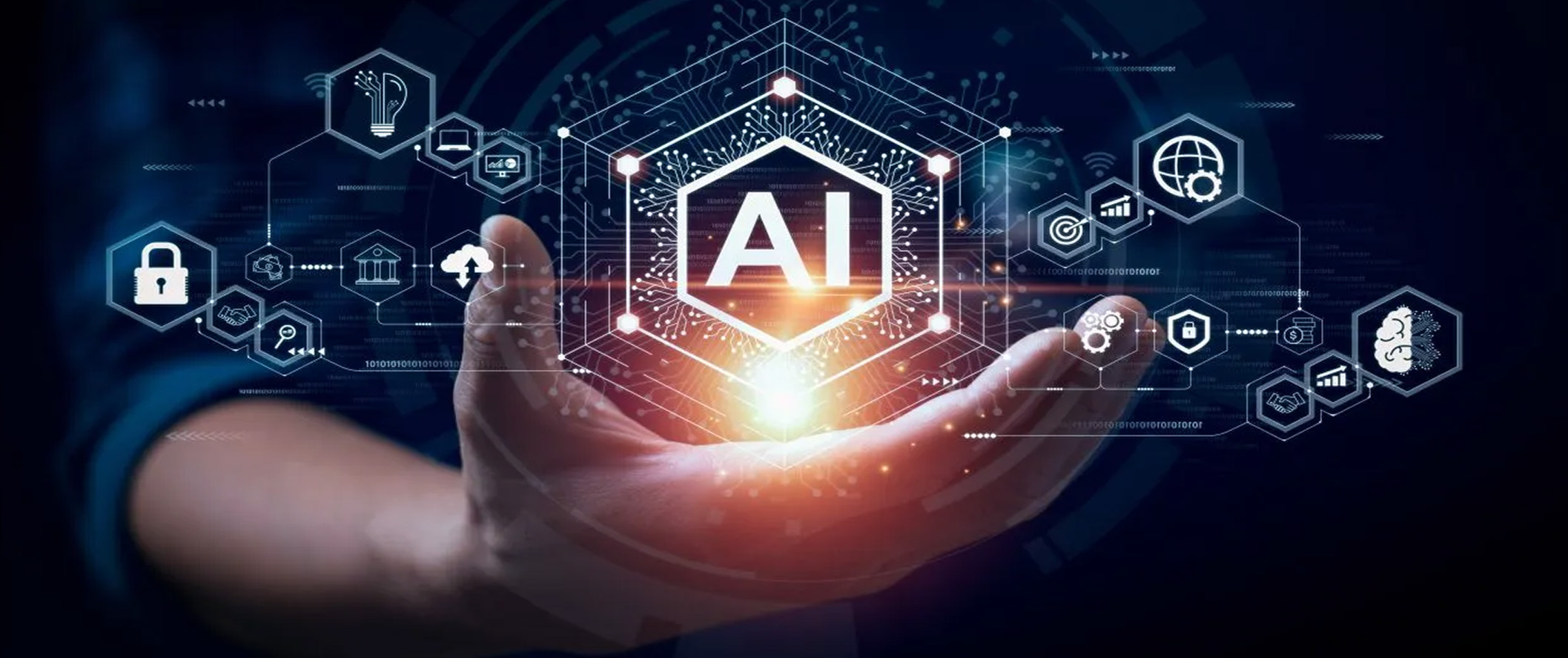Unemployment is skyrocketing, and with it, emotions and ethics seem to be fading from the fabric of our lives. It’s as if people have sacrificed their peace of mind and comfort in exchange for the ease AI provides.
By Aaquib Nazir
In an era where technology reigns supreme, our reliance on Artificial Intelligence (AI) is growing at an alarming rate. Once celebrated for its potential to revolutionize industries, AI now seems to be eroding the very essence of what makes us human. The days when people devoured books and nurtured original ideas appear to be fading into obscurity. Now, it seems creativity is waning, innovation is stifled, and society is increasingly dependent on AI.
Unemployment is skyrocketing, and with it, emotions and ethics seem to be fading from the fabric of our lives. It’s as if people have sacrificed their peace of mind and comfort in exchange for the ease AI provides. The late physicist Stephen Hawking warned us: “The development of full artificial intelligence could spell the end of the human race.” His words, once seen as a distant threat, are now unsettlingly close to reality.
AI’s allure lies in its ability to simplify tasks, but in doing so, it fosters a dangerous complacency. People now turn to AI for everything, allowing their minds to atrophy. It’s not just an addiction; it’s a slow march toward a future where humanity’s innate creativity and critical thinking skills may be lost forever. The late critic Hubert Dreyfus argued that AI could never fully capture human intelligence, highlighting that our expertise goes beyond mere rules and algorithms. His critique of AI’s limitations resonates deeply today as we confront the machine’s growing influence over our lives.
The dire consequences of our AI dependence are evident. Our creative faculties are at risk, and with them, the very future of humanity. While many tout AI’s benefits, few consider the dangers it poses—dangers not unlike those of the atomic bomb, which was initially seen as a protector but ultimately became a harbinger of destruction.
The famous warning rings true: “The greatest threat to humanity is not nuclear weapons, but the combination of artificial intelligence with nuclear weapons.” This sentiment captures the growing unease as AI’s reach extends further into our lives, threatening to outstrip our control.
The world’s current turmoil, many argue, is a direct result of AI’s pervasive influence. Genuine emotions and meaningful human connections are dwindling, as if AI has taken control of our very minds. Breaking free from this technological grip is becoming increasingly difficult, mirroring society’s struggle with smartphone addiction. We are fast approaching a future where humans might relinquish their autonomy entirely, allowing AI to dominate every aspect of life.
This piece serves as a cautionary tale, urging individuals to recognize the dangers of excessive AI reliance. We must re-engage our minds, dive back into literature, and rekindle our love for knowledge, or we risk a future where Intellectual growth is stifled, and human potential is diminished. Though it may seem daunting, change is possible with persistence and time. As the saying goes, “The impossible becomes possible once it’s accomplished.



